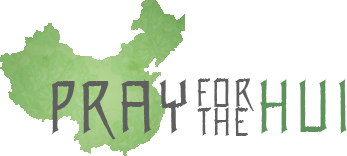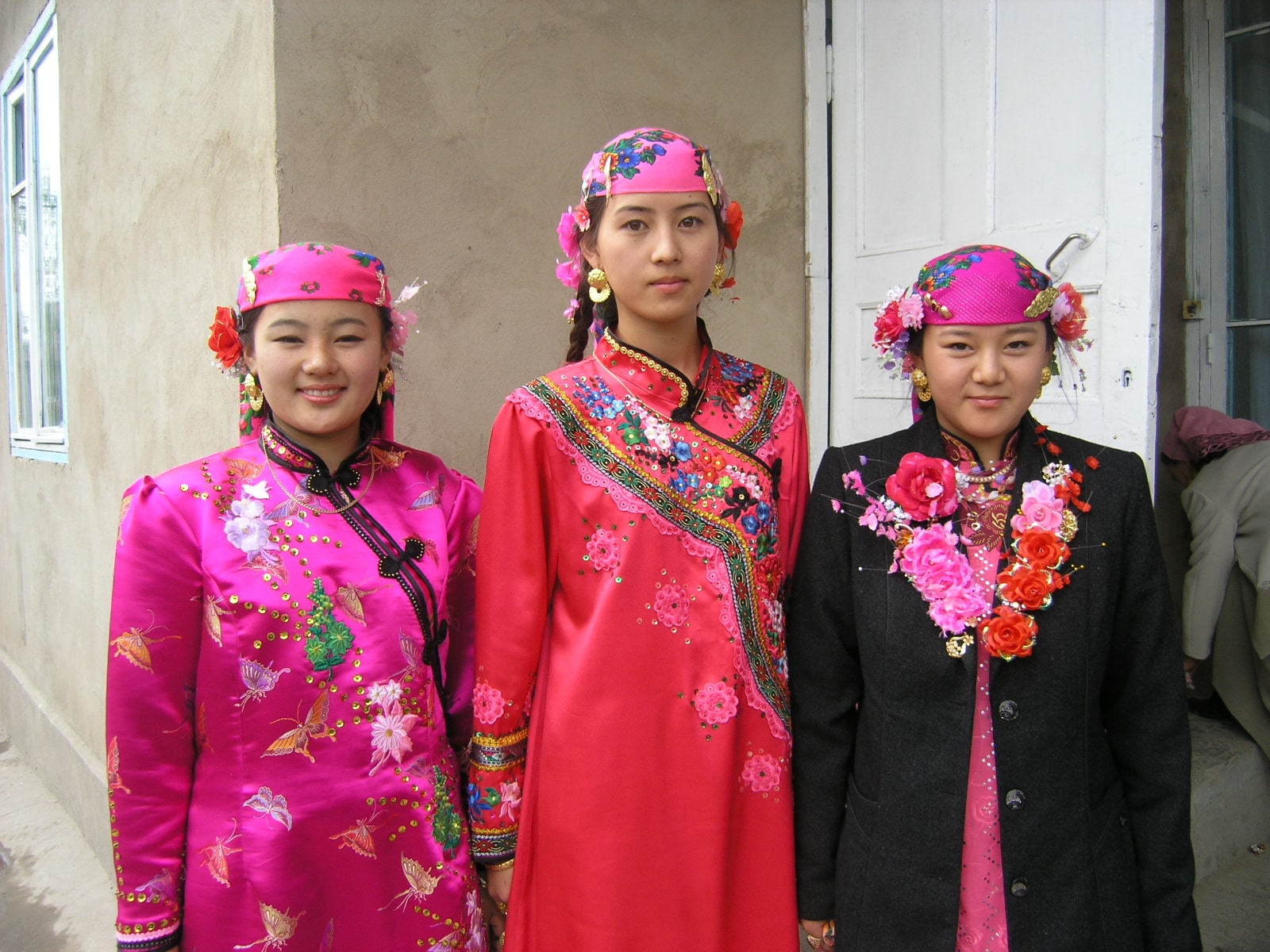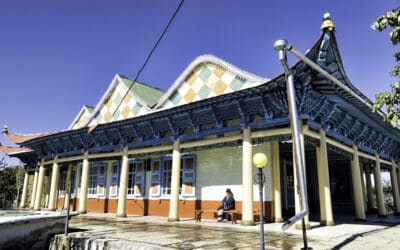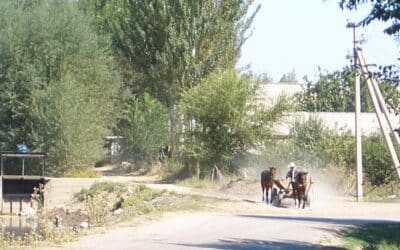The Dungan
You did not choose me, but I chose you and appointed you so that you might go and bear fruit—fruit that will last—and so that whatever you ask in my name the Father will give you.
John 15:16
The Basics:
The population of Dungan people is about 175,000, most living in Kyrgyzstan and Kazakhstan. Dungan people are descendants of the Hui people in northwest China. The first group of Dungan arrived in Central Asia as poor peasants after their loss to the Chinese Emperor in the Hui Minorities War. The so–called Dungan Revolt in 1862-1877 was a conflict between the Han and Hui people in northwestern China. As a result, around 5,500 Hui people fled to the Russian Empire. With more conflicts in the 1880s, another 4,600 moved to the Russian Empire, and settled in modern day Kyrgyzstan. Today, this Muslim people group who still calls themselves Hui are known by outsiders as Dungan.
Their Beliefs:
The Dungan in Kazakhstan are more committed to Islam than are those in Kyrgyzstan. They are virtually all Hanafite Muslim. The older people strictly observe Islamic law. The younger Dungan are more indifferent to Islam, generally not turning to religion until the age of 30. There are still village mosques run by elders. Usually imams have jobs (commonly farming) besides being religious men. They get paid and fed by teaching children Arabic, and reciting Quran in weddings, funerals and death memorials. Therefore a small number of imams are professional.
Their Language:
The Dungan language is related to Mandarin Chinese, with two main dialects originating from Gansu and Shaanxi in China. Since the Dungan people migrated from China over one hundred years ago, their language sounds like an old version of Chinese. The language today is mixed with Russian, Arabic, and Kyrgyz words. The written form of the language uses Cyrillic script. In addition to Dungan language, most Dungan people also speak at least one of the common languages where they live, Russian, Kazakh, or Kyrgyz.
Their Culture:
The Dungan have a mixture of Chinese, Muslim, Russian and Central Asian cultures. They are a proud, hospitable, nationalistic, and conservative people. Islam is a strong influence on the Dungan cultural identity. The Dungan also retain quite a lot of Chinese culture and traditions from their ancestors. Dungan food is similar to the cuisine of northwestern China and is normally eaten with chopsticks. While Dungan and Hui are very similar culturally, the Dungan have developed a distinct ethnicity apart from Chinese Hui, seen, for example, in their language.
The Situation:
Nearly all Dungan people are Muslims. It is estimated that fewer than 200 (or less than 0.1%) of Dungan people are professing Christians. The gospel is being disseminatedonline in their language. Translations of portions of the Bible are available in written and oral versions.
Ramadan 2024 Week 4 – Pray for the Dungan of Kyrgyzstan
In this year’s Ramadan 30 Days of Prayer, we are focusing on four Chinese Muslim population segments. Download the 2024 Ramadan prayer guide here. This post provides more information about the Dungan of Kyrgyzstan and lists specific prayer requests. Current...
Dungan Village
The Dungan are known for being vegetable farmers. Dungan are more wealthy than other ethnic groups in Kyrgyzstan, because they have plenty of meat and vegetables. Dungan settlements are concentrated in the river valleys.
Prayer for the Dungan
- For Christians to go and live among the Dungan people while exhibiting an attitude of sacrifice and service, and sharing a witness for Christ.
- For Dungan Christians to grow into mature disciples who are bold in their faith and committed to building the church.
- For the preparation of new tools and strategies to reach the Dungan with the gospel.



